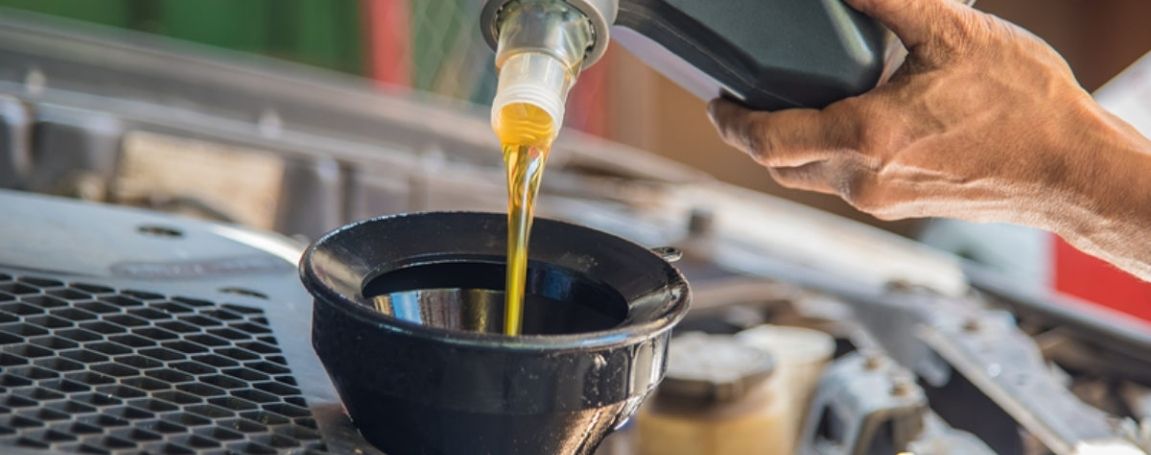My car is losing oil but not leaking — what’s going on?
My car is losing oil but not leaking — what’s going on?
Posted on February 25, 2022
MY CAR IS LOSING OIL BUT NOT LEAKING — WHAT’S GOING ON? | Car Service Scarborough
We’ve been there. Everything is fine and dandy with your car, and then the oil signal lights up, seemingly unprovoked. With a recent oil change and no visible puddle, you may start thinking the car gods have cursed you. But —before giving up and turning to magic crystals as a solution— there are a few alternatives you might want to try.
What’s Up With My Car’s Low Oil?

Generally, there are two main reasons for low oil: leakage and burning. You may think leaks are always easy to identify, but that’s not always the case. The signs are often subtle, like erosion in the piston rings or worn-out valve seals. In that case, a routine check right here with car service Scarborough could be the solution.
However, if you don’t see any signs of leaks, and you keep feeding oil to your vehicle, there might be a bigger issue. Your car may be burning all the oil in the engine.
Can’t Find A Leak? Your Vehicle Is Likely Combusting That Oil
There are a few ways to tell if the liquid is finding its way into the combustion chamber. When a car burns a lot of oil, it produces smoke with a blue hue. Even when you don’t see this in the exhaust pipe, your engine may be burning smaller amounts of the fluid. It may not seem a big deal, but it’s important to check it out. Having your engine in optimal condition will save you money in the long run.
Low oil can create bigger problems if you don’t address it early on. Vehicles with more than 150,000 km in the odometer are more susceptible, but even cars with less than half of that shouldn’t need a lot of extra oil between changes.
Possible Reasons Why Your Engine Is Burning Oil

The main reason liquid finds its way into the combustion chamber is damaged parts. Sometimes small levels of erosion are enough to cause this, particularly when dealing with low-viscosity fluids. The following list is a couple of possibilities that may lead to oil combustion.
Damaged Valve Seal
Valves control the unidirectional flow of fluids. But an engine valve is only as good as its seal. A damaged valve stem seal may allow an excessive flow of oil into the cylinders and the combustion chamber.
Eroded Cylinder Walls And Piston Rings
Usually, pistons and cylinders are airtight so as not to allow any combustion gas to escape. Yet, over time the piston rings start eroding. That presents an opportunity for liquids to seep into the combustion chamber.
Clogged PCV Valve

The initials stand for “positive crankcase ventilation”. The PCV system allows the engine to get rid of the gas created during combustion. Part of this process is leading that gas back into the chamber. Sometimes the system gets clogged. When this happens, oil also goes into the chamber. Mechanics can solve this by replacing the PCV valve.
Fix It Before It Combusts Its Way Through Your Pocket!
Let’s get that fixed up before it’s too late. This problem may lead to costly repairs later on. Book your car service appointment in Scarborough and let our team of Mopar Certified Mechanics check any issue you might have with your car.
